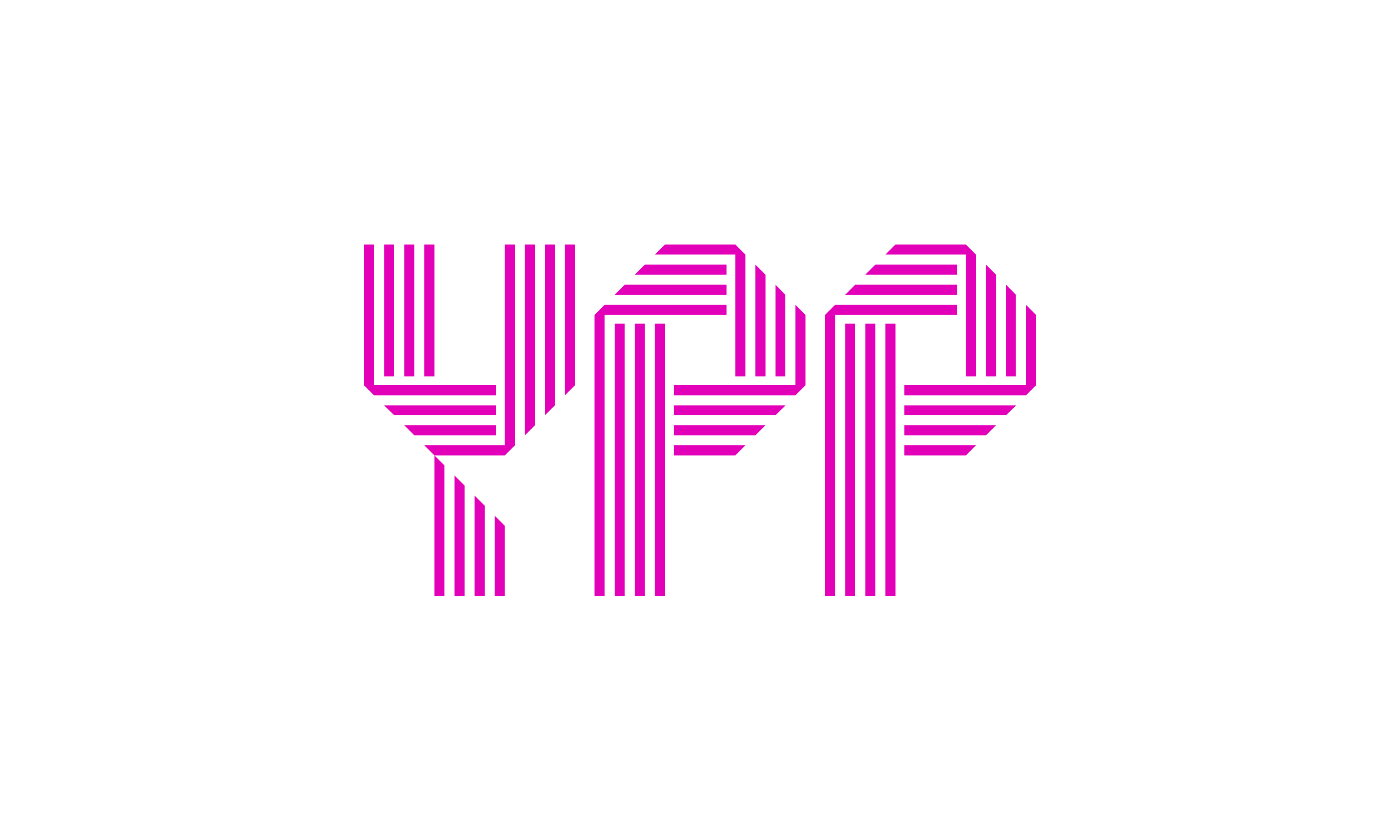


In the rapidly changing recruitment landscape, an agile CRM model is key to successful candidate and client relationship management. Recruitment agencies must be able to quickly adapt to evolving needs and market conditions. This requires a shift from traditional, siloed structures to flexible, cross-functional teams that assume end-to-end responsibility for the recruitment journey.
An agile CRM operating model integrates people, processes, technology, and data to serve candidates and clients effectively. Cross-functional teams, comprising members from various departments such as marketing, sales, IT, and customer service, work collaboratively to deliver seamless and personalised candidate and client experiences. This approach breaks down silos and ensures that all relevant functions contribute to the overall recruitment experience. The benefits include:
For recruitment agencies, cross-functional collaboration means that recruiters, marketers, and client managers work together to ensure that both candidates and clients receive a cohesive experience. When team members from diverse backgrounds pool their expertise, it leads to more innovative solutions and faster problem-solving, ultimately enhancing candidate placement and client satisfaction.
The recruitment industry is dynamic, with candidate expectations and job market conditions constantly evolving. An agile operating model prioritises continuous improvement and innovation. Recruitment agencies must incorporate feedback from candidates and clients into their CRM strategies, continuously testing and iterating their approaches to meet changing expectations. This requires a culture of agility, where employees are empowered to experiment, learn, and adapt.
Leadership plays a crucial role in driving agility within recruitment agencies. Top management must provide clear guidance and support for agile initiatives, aligning the agency’s goals with candidate and client-centric strategies. This includes establishing a governance framework, defining roles and responsibilities, and ensuring effective communication and collaboration across teams.
Technology is a key enabler of agility in CRM. Recruitment agencies must leverage modern CRM tools and data analytics to gain real-time insights into candidate behaviours and preferences. This allows for quick adjustments to recruiting strategies and personalised interactions. For instance, real-time data can help identify the best channels to reach specific candidates or the types of job roles that are most appealing to them.
Candidate Journey Mapping: By using agile CRM tools, agencies can create detailed maps of candidate journeys, helping to identify pain points and opportunities for improvement. This ensures that every interaction is optimised for a better candidate experience.
Client Feedback Loops: Agile CRM systems enable continuous feedback loops with clients, allowing agencies to rapidly adjust their services based on client needs and market changes. This can lead to improved client retention and satisfaction.
Building an agile CRM operating model is essential for recruitment agencies to stay competitive in the digital age. By fostering cross-functional collaboration, continuous improvement, and leveraging advanced technology, agencies can deliver superior candidate and client experiences and drive long-term success.
Leverage the power of your CRM to deliver personalised candidate and client experiences.
